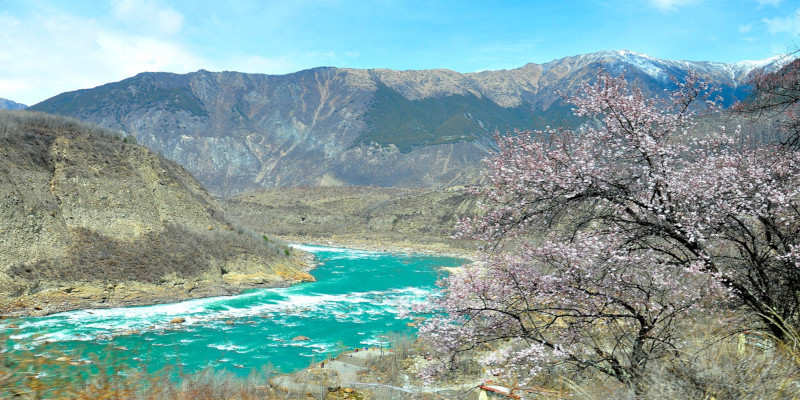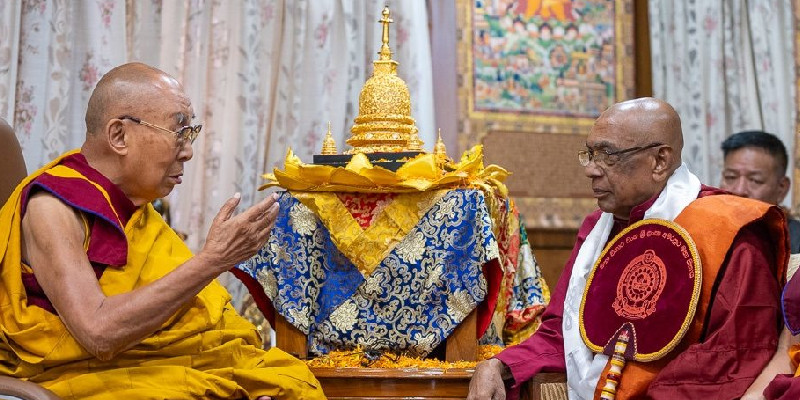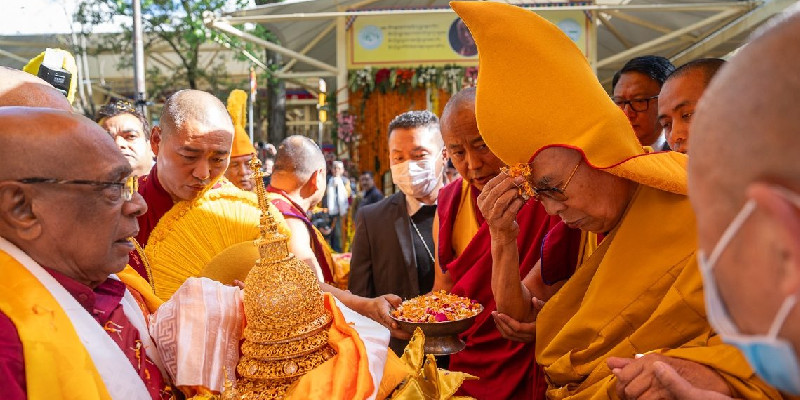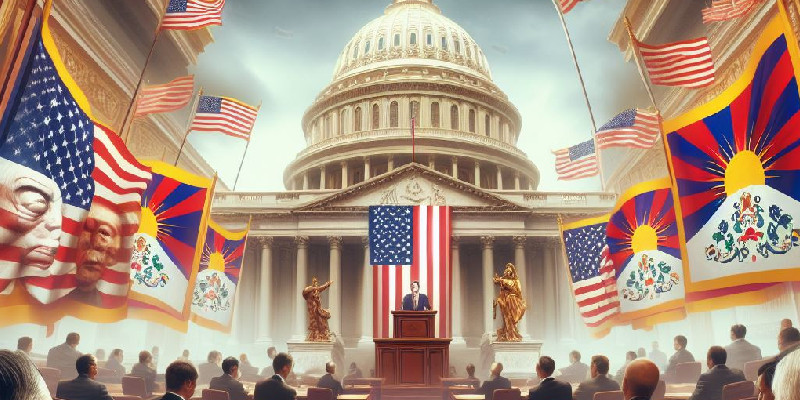Beijing: As China is planning to build a mega-dam in Tibet which will be able to produce triple the electricity generated by the Three Gorges — the world’s largest power station — puts India in Jeopardy and Environmentalists in dismay.
The structure will span the Brahmaputra River before the waterway leaves the Himalayas and flows into India. The river, known as the Yarlung Tsangpo in Tibetan, is also home to two other projects far upstream, while six others are in the works or under construction. Last October, the Tibet local government signed a “strategic cooperation agreement” with PowerChina, a public construction company specializing in hydroelectric projects.
The project in Tibet’s Medog County is expected to dwarf the record-breaking Three Gorges Dam on the Yangtze River in central China and is billed as able to produce 300 billion kilowatts of electricity each year. It is mentioned in China’s strategic 14th Five-Year Plan, unveiled in March at an annual rubber-stamp congress of the country’s top lawmakers. But the plan was short on details, a timeframe, or a budget.
Cons of building that kind of super-dam
Reason 1:Ecological and Political
“Building a dam the size of the super-dam is likely a really bad idea for many reasons,” said Brian Eyler, energy, water, and sustainability program director at the Stimson Center, a US think tank. Besides being known for seismic activity, the area also contains unique biodiversity. The dam would block the migration of fish as well as sediment flow that enriches the soil during seasonal floods downstream, Eyler added.
There are both ecological and political risks, noted Tempa Gyaltsen Zamlha, an environmental policy specialist at the Tibet Policy Institute, a think tank linked to the Tibetan government-in-exile based in Dharamshala.
“We have a very rich Tibetan cultural heritage in those areas, and any dam construction would cause ecological destruction, submergence of parts of that region. Many local residents would be forced to leave their ancestral homes,” he said, adding that the project will encourage migration of Han Chinese workers that “gradually becomes a permanent settlement”.
Reason 2:Water Wars
The Chinese Communist Party is effectively in a position to control the origins of much of South Asia’s water supply, analysts say. India is also worried about the project.
The risks of seismic activity would also make it a “ticking water bomb” for residents downstream, said Brahma Chellaney a political scientist.
“There is still much time to negotiate with China about the future of the super-dam and its impacts,” said Mr. Eyler. “A poor outcome would see India build a dam downstream.”
Conclusion:
Though Beijing may justify the massive project as an environmentally-friendly alternative to fossil fuels, it risks provoking strong opposition from environmentalists in the same way as the Three Gorges Dam, built between 1994 and 2012.
Photo Courtesy: rove.me







Leave a Reply